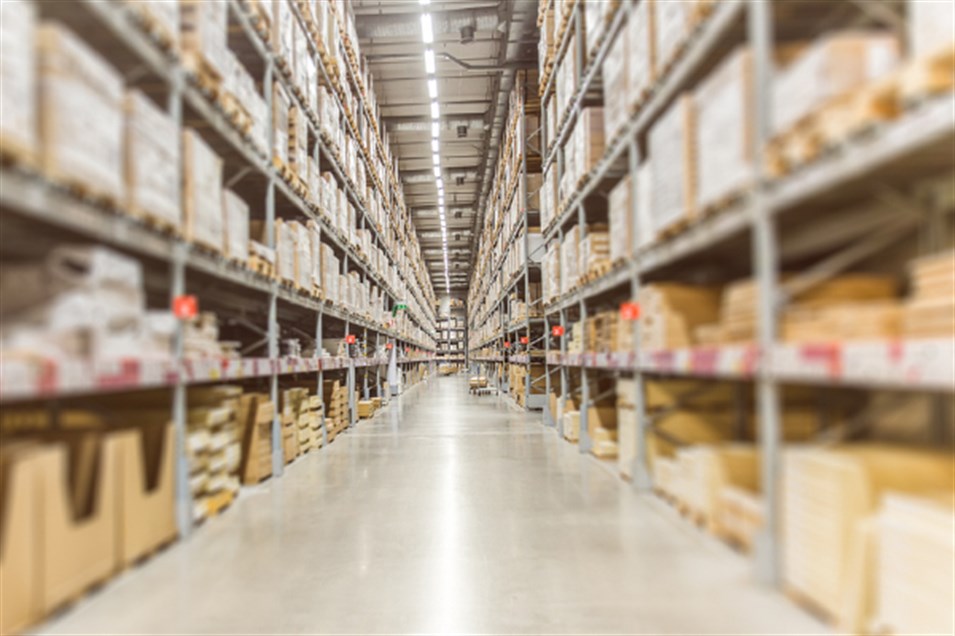The business environment is constantly dynamic, changing with macro-economic factors, labour trends and compliances, consumer preferences, and new technologies. As small businesses and large enterprises face stiff competition in a wider global marketplace, it has become more important for them to outsource non-core functions with the focus being on the products and on customer satisfaction.
One such function that has evolved into a highly specialized area is logistics and warehousing. As more and more businesses go online, warehouses are becoming a critical part of the operation. Rather than own or rent their own warehouses, which is a significant investment and risk, e-commerce and other companies preferably use the services of warehousing companies.
Warehousing companies provide several benefits and play a pivotal role in business success and market penetration. They invest in a wide network of locations that helps extend the range of product delivery and ensures a safe location for the storage of goods. While dealing with seasonal demand or balancing the cycles of demand and supply, having an optimized storage strategy will help manage price stability, reduce revenue losses, and contain costs on delivery, transportation, and shipping.
Warehousing companies are the heart of a business
Here are some of the ways in which warehousing companies have been in the roleplay:
1. Storage and Inventory Management
Safe and condition-controlled storage can provide businesses with a sense of security and stability. This is where warehousing companies are an important part of managing the supply chain effectively and coordinating deliveries to customers reliably. Depending on the nature of the product, warehousing companies also provide temperature-controlled environments and also ascertain special levels of security technologies. They cater to specific regulations particularly when it comes to food safety for perishable products.
A synchronized warehouse strategy can help scale up or down, reacting to the market and consumer preferences, to meet the supply and demand chain effectively in the ever-changing and dynamic business environment.
Warehousing companies are equipped with state-of-the-art tracking and monitoring systems that help with inventory management based on real-time data available from products stocked. This helps to ensure that sufficient stock is available and also optimizes the sourcing expenses.
2. Reduction in Operational Costs
Having a sound warehousing company to rely on helps planning business activities and operations more effectively and reduces operational costs. A well-planned network of warehouses gives easy access to storage and distribution facilities placed close to customer centers like cities. By using a warehousing company’s shared warehouses, it becomes easy to scale the reach to customers in remote areas at limited investments. This cuts down on outbound deliveries, shipping, and transportation costs. It also helps improve inventory accuracy, reduce wastage, and enables timely delivery of goods.
3. Ability to Control and Assess Risk
Using a warehousing company allows for transparent oversight of the goods. These companies have the technology infrastructure in place and expertise in sorting and organizing, as well as unique handling conditions. This ability to handle goods based on their nature and access to information about the condition of the goods helps manage the risk of damage or loss more effectively.
A warehousing company also has facilities in place to provide businesses with regular updates on their inventory, which helps them meet delivery timelines. A well-managed inventory buffers against the instabilities of the market, reducing risks by minimizing price fluctuations, apart from stabilizing the market.
4. Faster Delivery Time and Customer Satisfaction
At the end of the day, every business looks to ensure timely delivery, which in turn leads to customer satisfaction and helps create goodwill and trustworthiness. A warehousing company provides reassurance of ready stock, close to the delivery point. Acting as fulfillment centers, they take care of order delivery from locating the right products, appropriate packing, labeling, and coordinating shipping or last-mile delivery as required. They also take care of reverse logistics, which involves coordinating returns. Fast deliveries and quick redressal of customer complaints are key factors for customer satisfaction, which directly stem from warehousing strategy and partner.
5. Increased Productivity at Manufacturing and Production
It’s not only e-commerce and retail that benefits from a strong warehousing company’s expertise. Warehousing facilities offer storage space for raw materials and finished inventory, stock keeping, and a host of other facilities in anticipation of future demands. As businesses continue to grow, procuring goods and raw materials in bulk allows them to reduce operational costs, as they have available storage that allows for expansion and meet the growing demands in a timely manner. This ensures optimal utilization of space and resources.
Today, being cost-effective, minimizing loss, eliminating waste, and maintaining product quality takes precedence. Warehousing companies help businesses keep track of materials as they go into production, and help track and monitor those with short shelf life.
Conclusion
Warehousing companies are the backbone for all businesses, helping them become successful, by adding transparency and efficiency to the logistics supply chain and facilitating smooth management of inventory.






